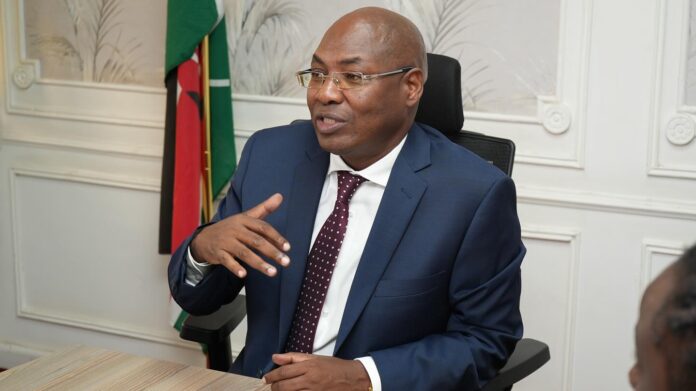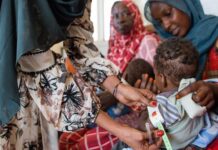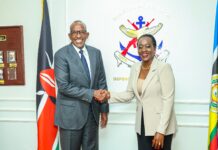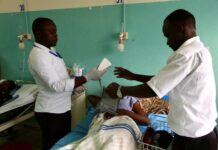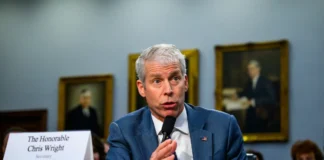The Ministry of Health has stepped up efforts to address the recent vaccine shortage across medical facilities countrywide.
In a statement on Wednesday, June 5, 2024, the ministry announced that it had allocated Ksh1.25 billion to urgently procure routine childhood vaccines, including BCG, Oral Polio, Tetanus-Diphtheria, and Measles-Rubella, which had reached critically low levels in the country.
The Cabinet Secretary Susan Nakhumicha-led docket further revealed receipt of 1,209,500 doses of Measles-Rubella vaccines, 3,032,000 doses of Oral Polio vaccines (bOPV), 1,000,000 doses of Tetanus-Diptheria vaccines, and 3,129,000 doses of BCG vaccines.
“The received vaccines are currently being processed for urgent distribution to the nine regional vaccine stores across the country.
“To expedite this process, the Ministry of Health has engaged additional refrigerated trucks to ensure these lifesaving vaccines reach our health facilities and communities by the second week of June 2024,” the statement read in part.
The ministry called on healthcare workers to collaborate with community health teams to ensure all children who missed vaccinations return to the facilities and catch up on their immunization schedule.
“We also urge all caregivers to bring their children back to the facilities for immunization as vaccine supply has now normalized in the country”.
The Ministry further announced that it is exploring innovative options for sustainable financing of vaccine procurement and program operations to prevent future stockouts.
“We will continue engaging the National Treasury to ensure increased and dedicated resources are allocated to the immunization program, ensuring stable vaccine supplies.
“Ring-fencing domestic resources will guarantee sustainable financing for immunization and universal access to vaccines, aligning with our efforts in Primary Health Care,” the statement reads.
The countrywide vaccine shortage has caused insurmountable suffering to caregivers and parents nationwide. The matter has since caused a public outcry, with media outlets showcasing challenges in Kenya’s health sector.
MoH noted that it acknowledges the role of immunization partners, the media, and civil society in amplifying and raising awareness of the vaccine stockout issues.
“This indicates a strong health-seeking behaviour in our communities and the excellent demand for vaccines in Kenya”.
The statement concludes, “We appreciate the quick intervention of the State Department of Medical Services, the National Vaccines and Immunization Program, and UNICEF’s supplies division for their swift distribution of the vaccines.”









